Donate Materials
To the Library or Archives?
Archival material is original and unique. It has long-term significance, based on the administrative, legal, fiscal, evidential, or historical information it contains. How is this different than library material? An archives might have an original draft of a book with an author’s hand-written notes, whereas a library might hold one of the published copies of this book, alongside other libraries.
If you are interested in donating books printed between the 15th-19th centuries, please contact [email protected].
What We Collect
Our mandate is to collect archival material which is significant to the history of Montreal Jewry.
Local institutions and organizations, as well as families and individuals, can donate original and unique records, such as:
- Family papers (correspondence, journals or diaries, vital records, biographical and genealogical information)
- Photographs, albums, and already digitized audiovisual material
- Business, organizational, or institutional records (minutes, by-laws, etc.)
- Posters, playbills, programmes, and ephemera from the community
Donating personal and corporate records to the Archives ensures their preservation and access to researchers and future generations. Our collection is kept secure in a climate-controlled environment. Your records will be described on our website for public access around the world.
Note that we do not collect:
- photocopied materials
- published materials (due to reasons of copyright legislation)
- artworks
- plaques
- vinyl records
Overview of the Donation Process
A donation is the legal transfer of ownership of archival material from a private individual, organization or business to the Jewish Public Library Archives. This is what the process entails:
1. Fill out the form
Fill out the form “About My Records for Donation to the JPL-A.” If you have an inventory/list, e-mail it separately to [email protected].
2. Await contact / intake interview
The Archivist will assess each case individually, and may invite you for an intake interview to talk about the materials further.
3. Sign the ‘Donor Agreement’
Should your material meet the criteria for accession, a contract will be drawn up between the donor and the Archives. This is called a “Donor Agreement” or “Deed of Gift.” The donation agreement covers the following:
• Ownership and custody
• Terms of use
• Access and copyright
• Tax Receipts
4. Transfer materials
We coordinate the transfer of materials to the Archives. Our review of materials can lead to deaccessioning (officially removing) records. These decisions will be reviewed with you.
5. Arrangement and description
Upon the donation of material, the collection is arranged and described (under either the donor’s name or the name of the business or organization) and made accessible to the public.
How to Prepare Materials (for Donation)
Unlike a library which is organized by subject, archival records are often kept in the order in which they are received by the records’ creator. This allows researchers to fully appreciate the interconnections between records as they were created and then as they were used.
Weed it
This is a good opportunity to make sure that what you want to save are ‘just the things that you’re going to value over time.’ We call this weeding. Just like in gardening, weeding helps direct resources to those parts most treasured in a garden. For example, you might find photocopies, publications, or old bills among your papers. Do they have enduring value? Are they within our collecting mandate? Narrowing down the collection takes time now but saves time and resources long term.
Sort it
Note that the way that your materials are organized overall may be fine as is or they may need some sorting. This Library of Congress guide can help you get started on organizing your materials.
Describe it
Once you’ve organized your records, write a list of their contents — the more detailed the better. Consider writing down the types of documents, who wrote them, and when (year is fine). Be prepared to provide this to the Archivist. It will help expedite the donation process.
Monetary Donations
Preparing materials for use by researchers is the most expensive operation in the Archives. Although such monetary donations are rarely a prerequisite for the acceptance of a collection, donors who are able to assist by providing funds toward the arrangement, cataloguing, and conservation of their personal or family records are encouraged to discuss the possibility with the archivist.
Have Questions?
For more information on the benefits of donating your material to the Archives, or on the donation process, please contact the Archives directly. Send us a message via email at [email protected] or call 514-734-1372. Or write to:
Jewish Public Library Archives
Archives Acquisitions
5151 Côte-Ste-Catherine Road
Montreal, Quebec
H3W 1M6


